“They often treat organ as an old, museal relic, but if we look closer, we can see that it is a living and breathing organism, still having a lot to say to us”
– says brilliant young organist Nathan Laube about the so-called queen of the instruments. He will give a solo concert in the Müpa on 8 March.
Laube has a deep knowledge of every single key, pedal and register of the most important European and American organs. He was the first to play the famous Harrison & Harrison organ in the King’s College Chapel in Cambridge after its restoration, but he also played various monumental instruments in many English cathedrals, including the one in St. Paul’s Cathedral in London. He also let modern organs, such as in Notre-Dame in Paris and the Royal Festival Hall and the Berlin Philharmonic, speak to us.
In the radio show All the stops, consisting of four parts, he introduces us to organs in Germany that Bach might have been played on, in France that were hidden since the 19th-20th centuries, in South Slavic countries that say a lot about the local culture, and then ends with analysing organs in the USA, the big melting pot.
Laube, who is not only an artist performing extensively around the world, but also an educator leading the organ department of the Stuttgart State University of Music and Performing Arts. He talks passionately about his instrument in a captivating way:
“Every organ tells a different story. In order to discover these instruments, we have to dive right into their history, geography, political context, theology, architecture, fine arts, technology, and of course the musical performance which brings it all together,”
– he says in the introduction to his programme.
The Budapest audience can now hear the Müpa organ come to life under the hands (and feet) of this exceptionally talented musician, with an exciting, diverse and varied program that includes transcriptions of orchestral and piano works and works originally composed for the organ.
Laube will perform Wagner’s Tannhäuser Overture and Liszt’s Sonata in B minor in his own adaptation, and works of 20th-century French composers Elsa Barraine and Jehan Alain. But that’s not all! Contemporary Hungarian music literature will be represented by Dávid Madga, whose piece Akheron won the first prize at the Müpa composing competition in 2020. This will be the premiere.
As Laube said in an interview:
“Acheron is a work rich in detail, full of color and strong gestures. It uses the organ in peculiar and sometimes quite unusual ways, in terms of sound. I’m really excited about it and I’m training hard to feel comfortable in it!”.
Article: Zsuzsanna Deák
Translation: Zsófia Hacsek


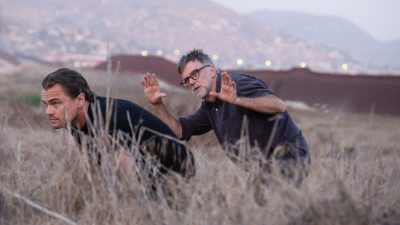
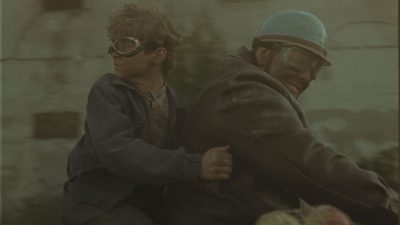















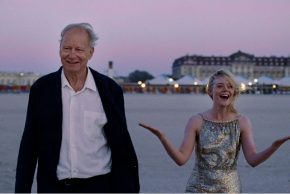


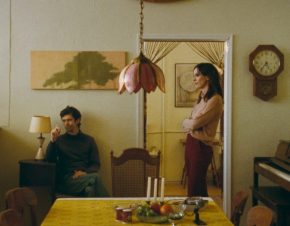
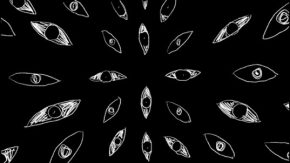

Comments